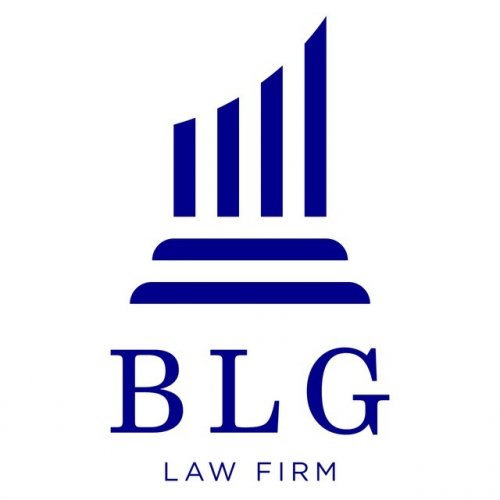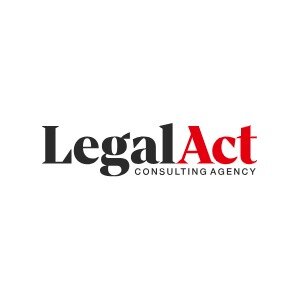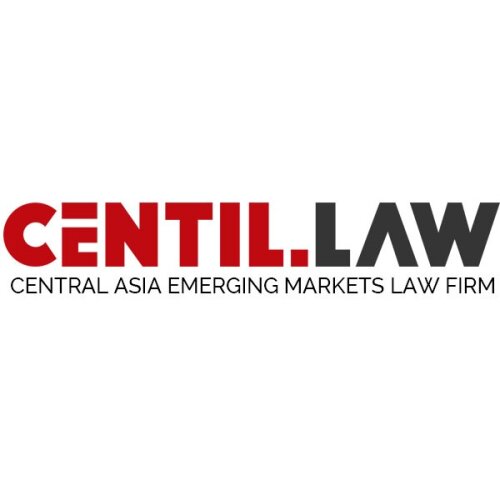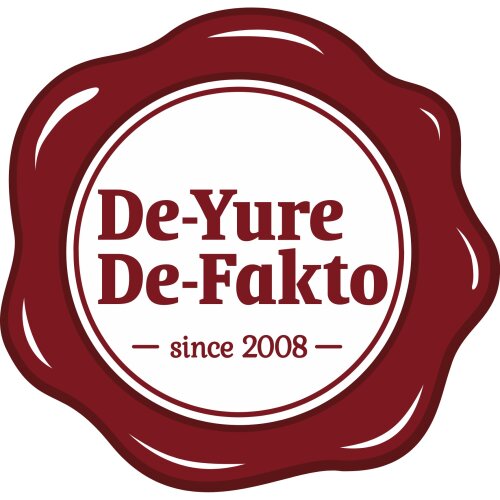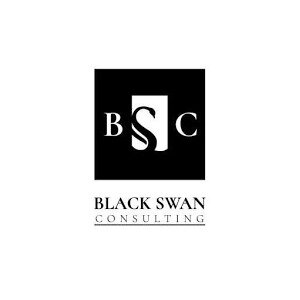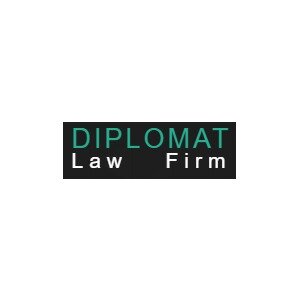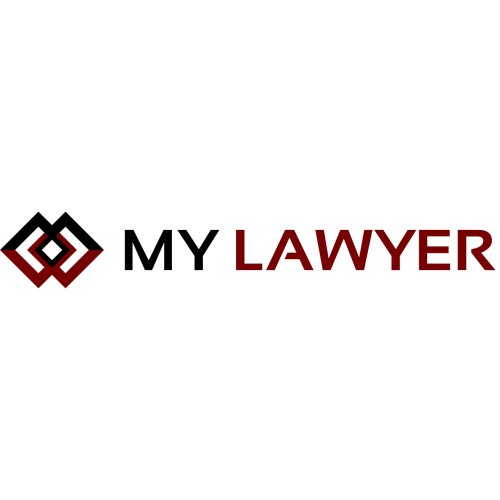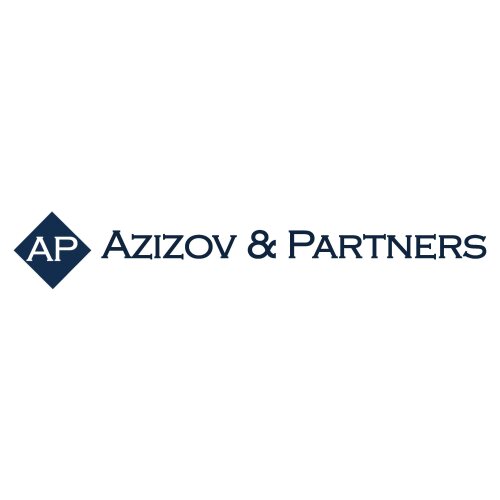Best Sanctions & Export Controls Lawyers in Tashkent
Share your needs with us, get contacted by law firms.
Free. Takes 2 min.
List of the best lawyers in Tashkent, Uzbekistan
About Sanctions & Export Controls Law in Tashkent, Uzbekistan
Sanctions and export controls law in Tashkent, Uzbekistan, governs the rules and regulations surrounding the import, export, transfer, and provision of goods, technology, services, and financial resources to foreign destinations or entities. This legal field includes domestic laws, international obligations, and United Nations Security Council resolutions that Uzbekistan is subject to. The main aim of these laws is to protect national security, prevent prohibited transactions, comply with global norms, and support the country’s international relations. Regulation is primarily managed by Uzbek governmental authorities and is influenced by the need for compliance with both national policies and international commitments.
Why You May Need a Lawyer
There are several situations where hiring a legal professional in sanctions and export controls is essential in Tashkent and throughout Uzbekistan. Common examples include:
- Engaging in business transactions involving foreign entities or countries under international sanctions
- Exporting goods, technology, or services that may be subject to control lists or licensing requirements
- Facing an investigation or enforcement action by Uzbek authorities for alleged violations
- Needing to assess the legal risks of cross-border investments or contracts
- Requiring advice on compliance programs to avoid inadvertent breaches
- Dealing with asset freezes, travel bans, or restrictions on international payments
- Navigating changes to the legal environment due to global sanctions trends
An experienced lawyer can provide guidance on legal complexities, represent your interests with authorities, assist with licensing processes, and develop robust compliance strategies to protect you and your business.
Local Laws Overview
Uzbekistan has established a framework for sanctions and export controls that aligns with global standards while supporting its domestic priorities. In Tashkent, the regulation of export controls and sanctions is mainly handled by the State Customs Committee, the Ministry of Foreign Trade and Investments, and the National Security Service. Key aspects include:
- Sanctions Regime: Uzbekistan enforces sanctions based on United Nations Security Council resolutions and other international obligations. The government may also impose its own measures to address security, foreign policy, or public order issues.
- Export Controls: Items considered sensitive (including dual-use goods, military or strategic goods, and certain technologies) are subject to strict export control measures. These often require special permits or licenses.
- Enforcement: Authorities have the power to investigate, suspend, or prohibit transactions in violation of sanctioned activities or goods export rules. Penalties for violations can include fines, asset seizures, and even criminal prosecutions.
- Compliance Requirements: Companies and individuals involved in international trade must ensure compliance with control lists, licensing requirements, and due diligence measures to avoid inadvertent breaches.
- Customs Role: The State Customs Committee actively monitors cross-border trade for compliance with export laws and restricted transactions.
Given the intersection with evolving international norms, staying updated on both local and external sanctions and controls is crucial.
Frequently Asked Questions
What are sanctions and export controls?
Sanctions are legal measures restricting certain activities with specific countries, individuals, or entities, whereas export controls regulate or prohibit the transfer of certain goods, technologies, or services abroad. Both are used to support national security and foreign policy objectives.
Do Uzbek sanctions apply to all foreign countries?
Uzbekistan mainly enforces United Nations-mandated sanctions and may also apply its own measures. Not all foreign countries are subject to sanctions, but dealing with entities or destinations on restricted lists requires caution and often special permits.
What is considered a dual-use good under Uzbek law?
Dual-use goods are items, technology, or software that can be used for both civilian and military applications. Their export is closely regulated and often requires prior authorization.
Can I export controlled items without a license in Uzbekistan?
No. Exporting items on controlled or sensitive lists without the proper license is prohibited and may result in severe penalties. Always check with the appropriate authorities before proceeding.
What happens if I violate export control or sanction laws?
Violations can result in asset seizures, substantial fines, criminal liability, and the suspension of business operations. Uzbek authorities are empowered to investigate and enforce these laws strictly.
Are there any exemptions to sanctions for humanitarian purposes?
In some instances, exemptions can be granted for humanitarian reasons or under international commitments. However, these require official approval and are handled on a case-by-case basis.
How can I know if my business partner is on a restricted or sanctioned list?
You should review government-published lists and perform due diligence checks using official databases or consult with legal counsel to confirm the status of your business partners.
Can sanctions and export controls be applied retroactively?
Generally, new sanctions or control measures are not applied retroactively. However, ongoing transactions may become restricted if new laws or decisions come into force, and compliance is required from that moment.
Do I need to report all international transactions to authorities?
Not all, but specific transactions, especially those involving controlled items or high-risk destinations, require notification or authorization from government agencies.
Where can I get an export license in Tashkent?
Export licenses are typically issued by the State Customs Committee or relevant ministries such as the Ministry of Investments, Industry and Trade. Procedures involve submitting documentation for review and approval.
Additional Resources
Several Uzbek governmental bodies and organizations provide information and regulatory guidance for sanctions and export controls:
- State Customs Committee of the Republic of Uzbekistan - Offers updates on customs regulations, export controls, and licensing procedures
- Ministry of Investments, Industry, and Trade - Provides information about trade policies, export promotion, and regulatory requirements
- Ministry of Foreign Affairs - Issues official notices about international sanctions and government policy updates
- Chamber of Commerce and Industry of Uzbekistan - Helps businesses navigate compliance issues and provides resources for exporters
- Legal professionals specializing in international trade law - Can offer tailored due diligence and risk management advice
Next Steps
If you need legal assistance with sanctions or export controls in Tashkent, Uzbekistan, consider the following steps:
- Identify your specific issue or transaction and gather all related documentation
- Consult the above resources for initial guidance
- Contact a qualified lawyer or law firm with expertise in sanctions and export control matters
- Schedule a consultation to discuss your situation and assess legal risks
- Develop a compliance strategy or resolve enforcement issues directly with the help of your legal advisor
- Stay informed about local and international changes to sanctions regimes and export control regulations
Taking prompt legal advice helps avoid hefty penalties, ensures smooth international operations, and protects both your personal and business interests in Uzbekistan's dynamic regulatory environment.
Lawzana helps you find the best lawyers and law firms in Tashkent through a curated and pre-screened list of qualified legal professionals. Our platform offers rankings and detailed profiles of attorneys and law firms, allowing you to compare based on practice areas, including Sanctions & Export Controls, experience, and client feedback.
Each profile includes a description of the firm's areas of practice, client reviews, team members and partners, year of establishment, spoken languages, office locations, contact information, social media presence, and any published articles or resources. Most firms on our platform speak English and are experienced in both local and international legal matters.
Get a quote from top-rated law firms in Tashkent, Uzbekistan — quickly, securely, and without unnecessary hassle.
Disclaimer:
The information provided on this page is for general informational purposes only and does not constitute legal advice. While we strive to ensure the accuracy and relevance of the content, legal information may change over time, and interpretations of the law can vary. You should always consult with a qualified legal professional for advice specific to your situation.
We disclaim all liability for actions taken or not taken based on the content of this page. If you believe any information is incorrect or outdated, please contact us, and we will review and update it where appropriate.



